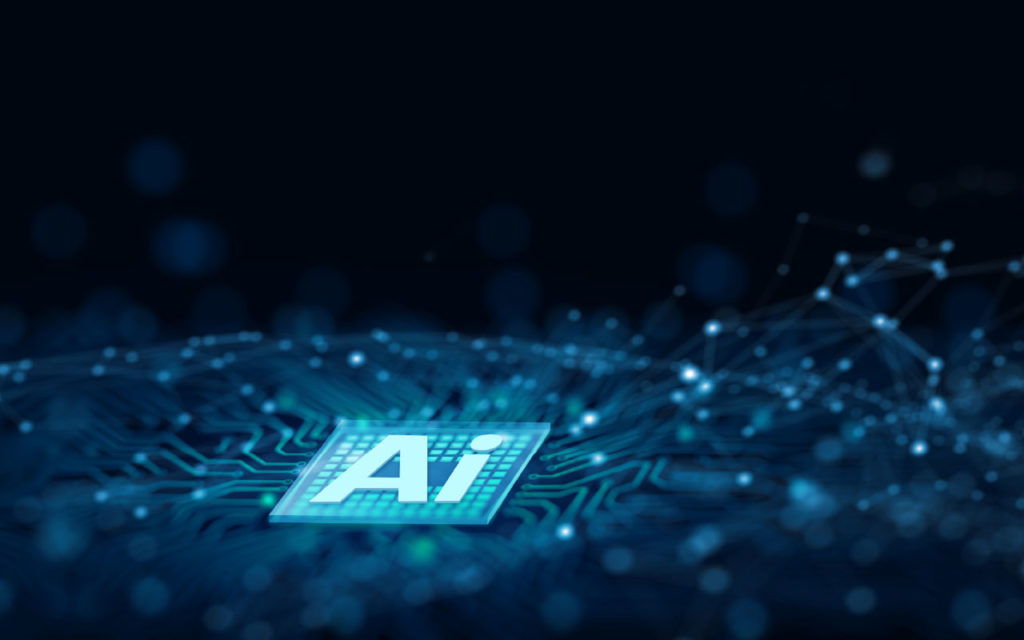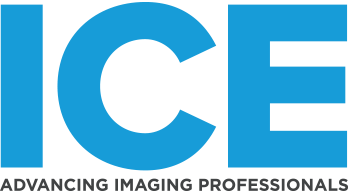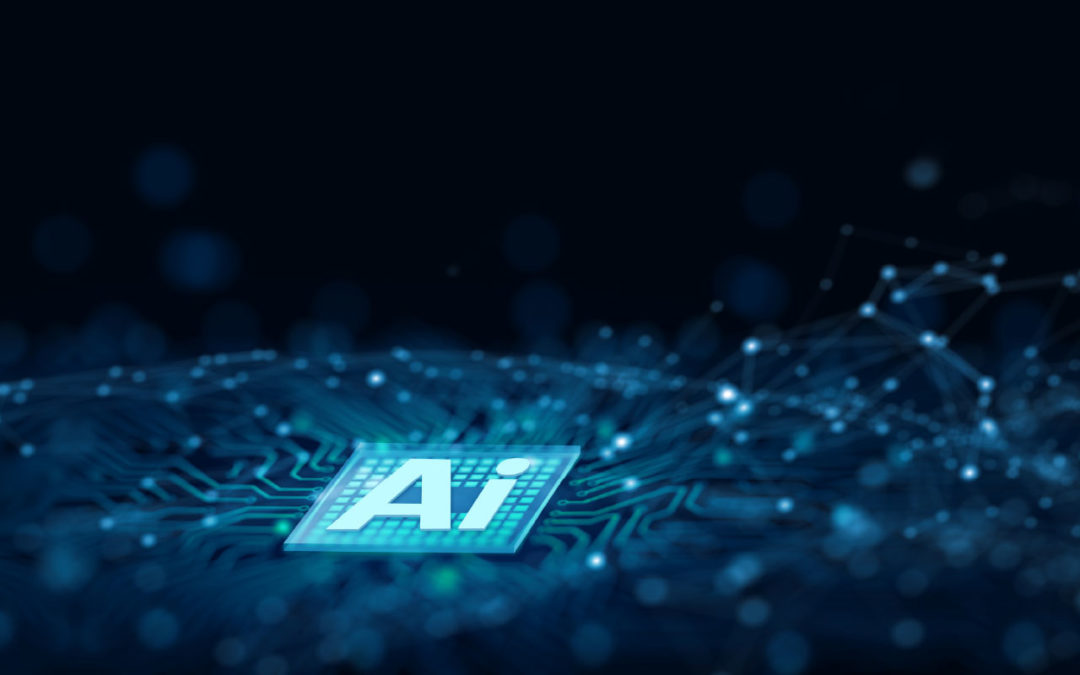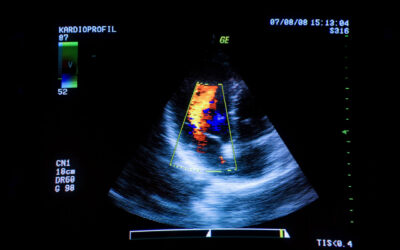
Graphical Research recently added a new artificial intelligence in health care market report that provides in-depth information including market highlights, product types, drivers, challenges, trends, industry landscape, size and forecast.
Artificial intelligence (AI) is a form of advanced technology that performs complex tasks, which normally would require human intelligence, with ease. This field is constantly undergoing innovations since its inception and has become far more advanced today. AI has heavily contributed to various fields, one of the most important among them being health care. This technology has immensely helped in improving patient care and other important management processes in hospitals.
AI has played an active role in providing early diagnosis and commits little-to-no errors while providing the same. It has helped health care professionals in making sound decisions about the right mode of treatment and medication to prescribe. Big data analytics have been put in place as well which will help the staff in handling important paperwork and help keep track of the same.
The global health care (AI) market will grow substantially by 2027, according to market statistics. Some of the trends that will encourage the growth of this industry is the growth of the geriatric population in North America. It is increasing every year. This has led to increased demand for advanced health care facilities in the region. There are constant innovations being done in the regional artificial intelligence in health care market. They include providing improved and personalized patient care and early diagnosis of serious illnesses.
AI has positively impacted the health care infrastructure in the U.S. with the introduction of digitization, AI/ML frameworks and cloud computing platforms. It has significantly contributed toward patient care as well because it helps in the appropriate recovery of patients. It has helped fill important gaps health care.
Machine learning is predicted to gain momentum through 2027 in health care, according to market experts. This is because it has a wide range of applications in health care. It is extensively used in precision medicine and even prescribes customized treatment alternatives for a patient.
For example, Mayo Clinic, in January 2017, announced a collaboration with Tempus to create personalized care for cancer patients with the help of this technology. This partnership aims to study the different forms of cancer like lung, breast and bladder and provide solutions accordingly.
The medical imaging and diagnosis segment will reportedly grow at a CAGR of 46% in the coming years. The reason for this is being credited to the many benefits AI has in this segment. Some of these are easier identification of complex patterns in imaging data and the ability to provide quantitative results of radiographic features.
According to an article published by the National Center for Biotechnology Information (NCBI), AI has successfully and significantly contributed towards various fields like thoracic imaging, colonoscopy, radiation oncology, mammography and many others.
The artificial intelligence in health care market in China was valued at $70 million in 2020. This figure is expected to go even higher in the years to come as the country is known for integrating AI with traditional industries. It is one of the few developing countries that is investing heavily in advanced technologies and has the most AI hubs as well. The country is going through a phase of national digitization in its health care industry.
AI in this industry is used in several fields like drug development, online consultations, health management and many others. In 2018 alone, China’s investments in health care AI touched $1 billion and it had already signed over 66 deals in this regard.
There are several policies introduced by the Chinese government as well that will benefit the health care AI industry. For example, the Beijing Kunlun Medical Cloud Technology Co. Ltd received the approval from the National Medical Products Administration (NMPA) for DeepVessel FFR. This is a computer tomography technology developed with the help of AI and is non-invasive in nature.








